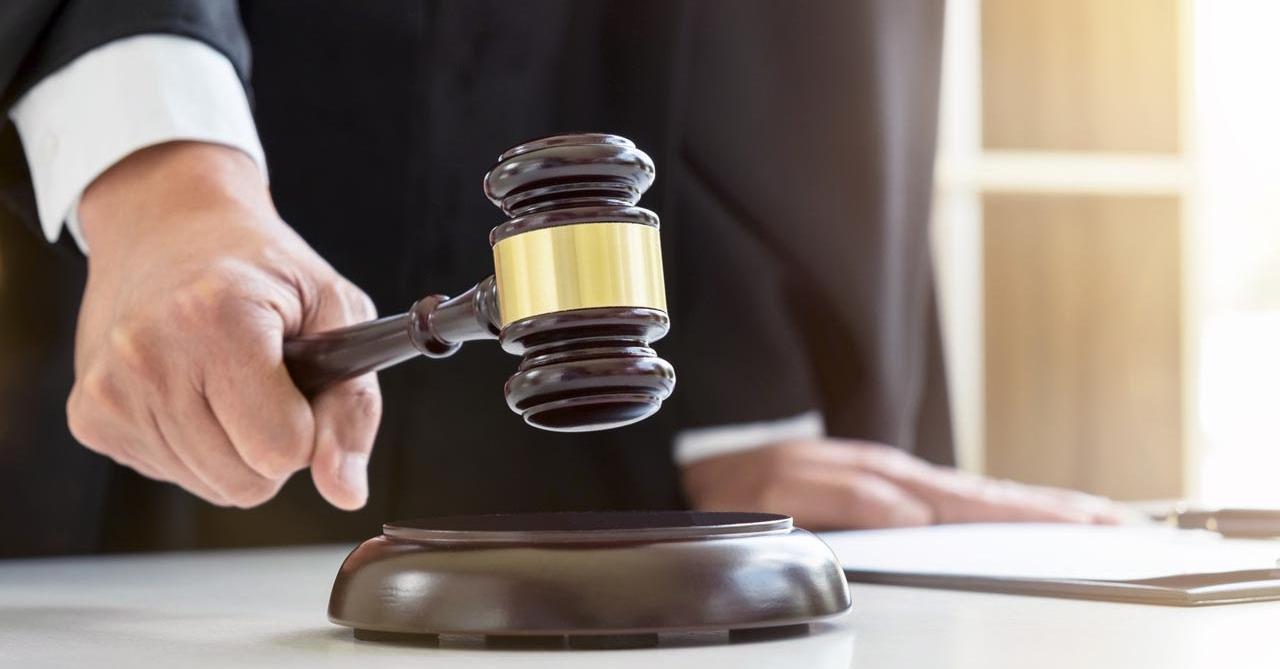Are you curious to know what is a PPO in court? You have come to the right place as I am going to tell you everything about a PPO in court in a very simple explanation. Without further discussion let’s begin to know what is a PPO in court?
Personal Protection Orders (PPOs) are legal documents designed to protect individuals from harassment, stalking, violence, or threats. When someone feels threatened or is the victim of abusive behavior, they may seek a PPO from the court. However, the court plays a crucial role in issuing, enforcing, and modifying these orders. In this blog, we will explore what a PPO is, how it relates to the court system, and the legal procedures associated with obtaining or contesting a PPO.
What Is A PPO In Court?
A Personal Protection Order (PPO) is a legal order issued by a court to protect an individual from the harassment, stalking, threats, or violence of another person. PPOs are typically sought by individuals who believe that they are in danger or have been subjected to abusive behavior. These orders can be temporary or long-term, depending on the circumstances and the court’s decision.
Key Aspects Of A PPO:
- Protection: The primary purpose of a PPO is to protect the petitioner (the person seeking the order) from the respondent (the alleged abuser or harasser).
- Restrictions: A PPO may include specific restrictions or conditions that the respondent must adhere to, such as maintaining a certain distance from the petitioner or refraining from contacting them.
- Enforceability: PPOs are legally binding, and violating the terms of a PPO can result in criminal charges or other legal consequences for the respondent.
- Types: There are different types of PPOs, including domestic PPOs, non-domestic (stalking) PPOs, and others, each tailored to specific circumstances.
The Role Of The Court In PPOs
- Filing a PPO: To obtain a PPO, the petitioner typically initiates the process by filing a PPO request with the court. This request outlines the reasons for seeking the order and may include suPPOrting evidence.
- Temporary PPO: In emergency situations, the court may issue a temporary PPO without a full hearing, providing immediate protection to the petitioner. A subsequent hearing is usually scheduled to determine whether the temporary order should be made permanent.
- Hearing: Both the petitioner and the respondent have the oPPOrtunity to present their cases at a court hearing. The court will evaluate the evidence and make a decision regarding the issuance and terms of the PPO.
- Enforcement: If a PPO is granted, the court oversees its enforcement and may modify its terms if necessary. Violating a PPO is a serious offense that can result in legal consequences.
For more information like this visit Weji.
Challenging Or Modifying A PPO
If a respondent believes that a PPO has been unfairly issued against them or wishes to contest its terms, they can do so through the court. Challenging or modifying a PPO typically involves a legal process where both parties present their arguments, and the court makes a decision based on the evidence and circumstances.
Conclusion
Personal Protection Orders (PPOs) are legal mechanisms designed to protect individuals from harassment, stalking, threats, or violence. The court plays a crucial role in the issuance, enforcement, and potential modification of these orders. PPOs are a valuable tool for ensuring the safety and well-being of individuals who feel threatened or have been subjected to abusive behavior. Understanding the legal processes associated with PPOs is essential for both petitioners seeking protection and respondents looking to contest or modify these orders through the court system.
FAQ
What Does PPO Stand For In Law?
The general requirements for Private Patrol Operator’s license are: Be at least 18 years old. Must have at least one year of paid experience totaling not less than 2,000 hours as a patrolman, guard or watchman, or the equivalent. Pass a written examination.
What Does PPO Mean Judge?
A Personal Protection Order (PPO) is a Circuit Court injunctive order that helps protect victims of Family Violence, Dating Violence, or Stalking.
How Long Can A PPO Last In Michigan?
An ex parte domestic relationship PPO is valid for at least 182 days, approximately 6 months. The abuser can request a hearing to modify (change) or rescind (cancel) the PPO. If the judge issues you a PPO after this hearing, it would be called a final domestic relationship PPO.
How Long Does A PPO Last In Georgia?
Temporary protective orders usually expire after 6 to 12 months. You must petition the Superior Court if you wish for the order to be extended or to be converted to a permanent order.
I Have Covered All The Following Queries And Topics In The Above Article
What Is A PPO In Court
What Is A PPO In Court?
What Is A PPO In Court
What is the power of PPO
